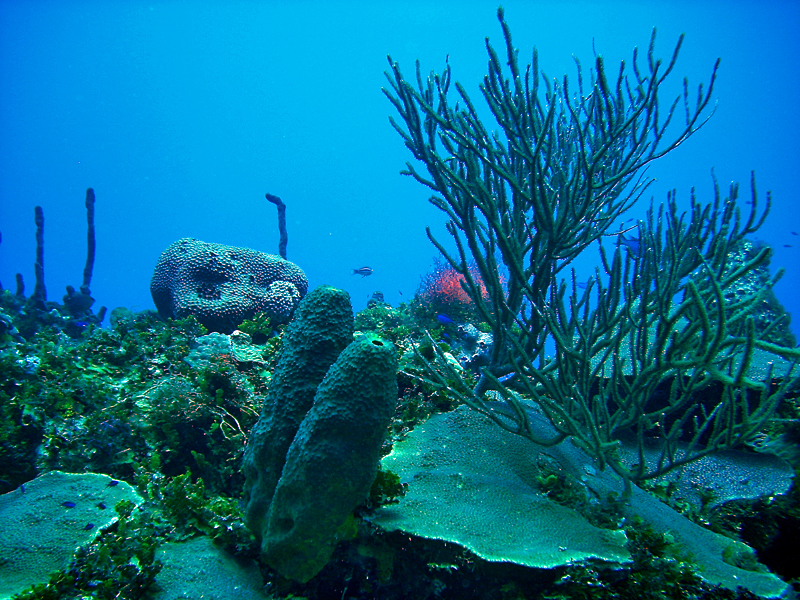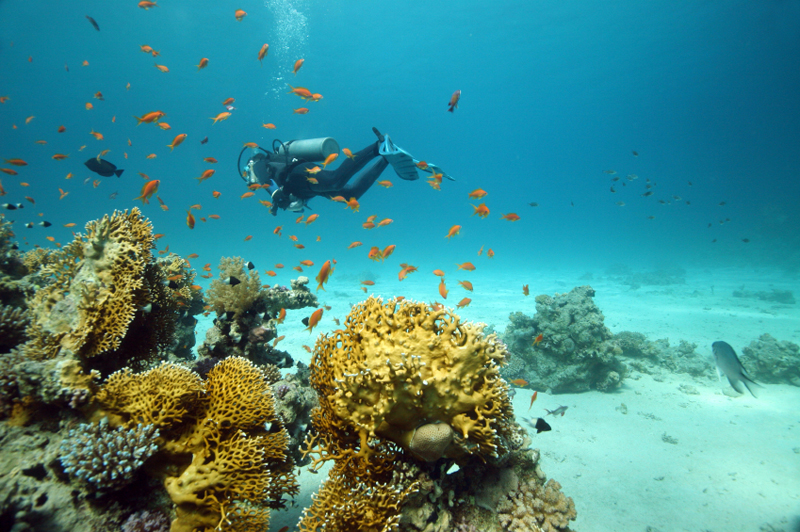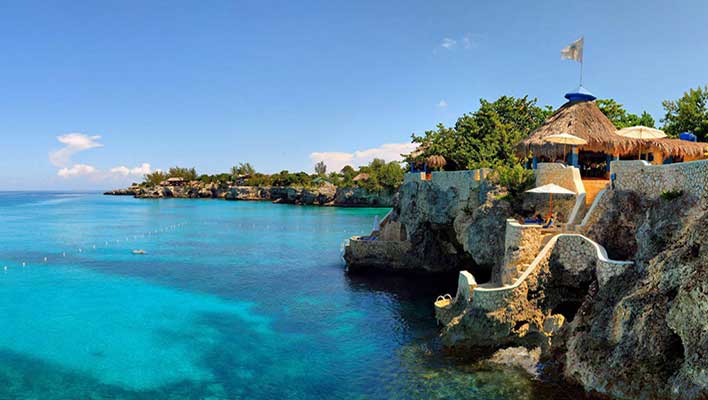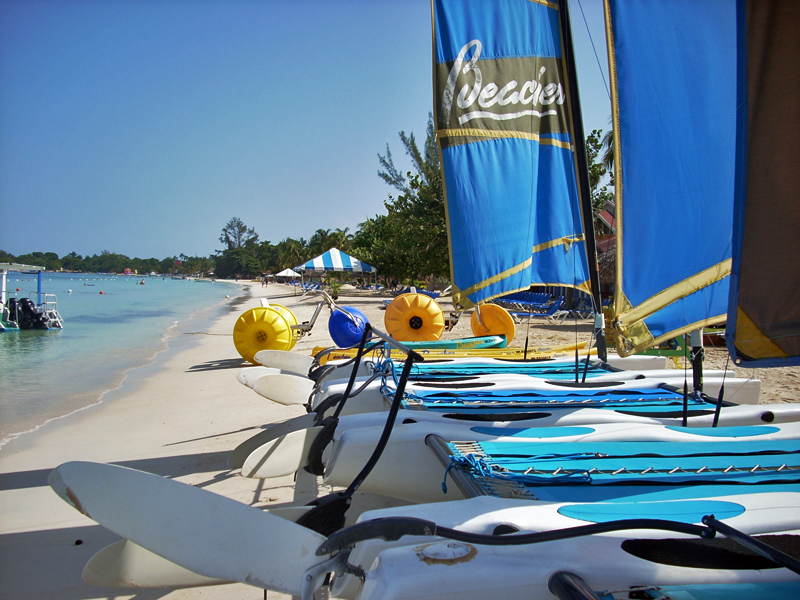
Underwater Reef in Negril, Jamaica
The Steps to Learn to Scuba Dive
So you want to learn how to scuba dive? Well, join the club of thousands of people all over the world who join the ranks of hobbyist (and professional) scuba divers every year. There is good reason why these people opt to become new members of the elite club of certified divers: scuba diving is a great deal of fun and provides an excellent source of an active hobby for those who wish to enjoy the beauty of the world beneath the sea. Now, while there are many people who wish to learn to scuba dive, they may not be 100% familiar with all the steps that are necessary. This will provide a clear guide for the common steps that need to be undertaken in order to learn to scuba dive.
Scuba Diving Open Water Certification
In order to be a scuba diver, you need to be certified (at minimum) as an open water diver. Without an open water diver certificate, no one will rent you equipment sell you a boat ticket, etc. There is good reason for this: there is no air under water and you could end up doing drowning if you can not adequately perform the basic necessities of a successful open water dive.
While there are advanced certifications, the beginner level is an open water diver certification and this is where you will start to learn to scuba dive. (Open water refers to swimming in the ocean or a lake and where there is nothing over your head as opposed to wreck penetration, cavern diving, etc) When you first learn to scuba dive, you will start with classroom material, a pool dive, two beach dives and two boat dives. Usually, people take this course as a night class or two weekends in a row.
Continued Education and Scuba Diving Safety
While you will be certified and can pretty much dive as you please, it is much wiser to continue you scuba diving course work into the advanced open water diver certification. This involves more experienced based diving including certain mandatory dives (ie deep water dives) and a series of electives (underwater photography, fish identification, etc) When you learn to scuba dive in conjunction with continued education, you will be a better and safer diver. This particular course runs a weekend and is highly advised as are the other continued education specialty diving courses that one can continue throughout one’s life.
 The Insiders Guide to Scuba Diving in Jamaica
The Insiders Guide to Scuba Diving in Jamaica


